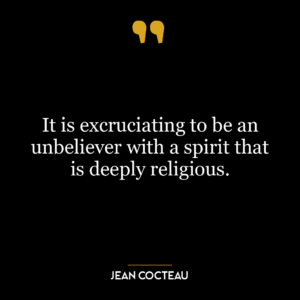This quote suggests that standing up for the truth or being correct in situations where influential people or the majority are wrong can be risky. It highlights the potential backlash, ostracism, or even persecution one might face when challenging established norms, beliefs, or the status quo, especially if those in power are committed to preserving it. It underscores the courage needed to voice out truths or ideas that are contrary to popular opinion or the views of those in authority.
The quote is also a commentary on the human tendency to resist change or new ideas, especially when these challenge long-held beliefs or threaten vested interests. It implies that the truth is not always welcomed or accepted, and that those who dare to speak it may be met with hostility or resistance.
In today’s world, this quote is highly relevant in various fields and contexts. For instance, in politics, whistleblowers who expose corruption or wrongdoings often face retaliation or threats to their safety. In science, new theories or discoveries that challenge established paradigms may be met with skepticism or outright rejection. In social issues, activists who advocate for change often face opposition from those who benefit from maintaining the status quo.
In terms of personal development, this quote may serve as a reminder of the importance of courage, integrity, and resilience. It suggests that standing up for one’s beliefs or principles, even in the face of opposition or adversity, is a crucial aspect of personal growth and character development. It also highlights the need for critical thinking and the ability to question and challenge prevailing norms or beliefs.
However, this quote also serves as a cautionary note. It suggests that being right is not always enough, and that one must also consider the potential consequences and be prepared to face them. It encourages one to balance the pursuit of truth with wisdom and discretion.











